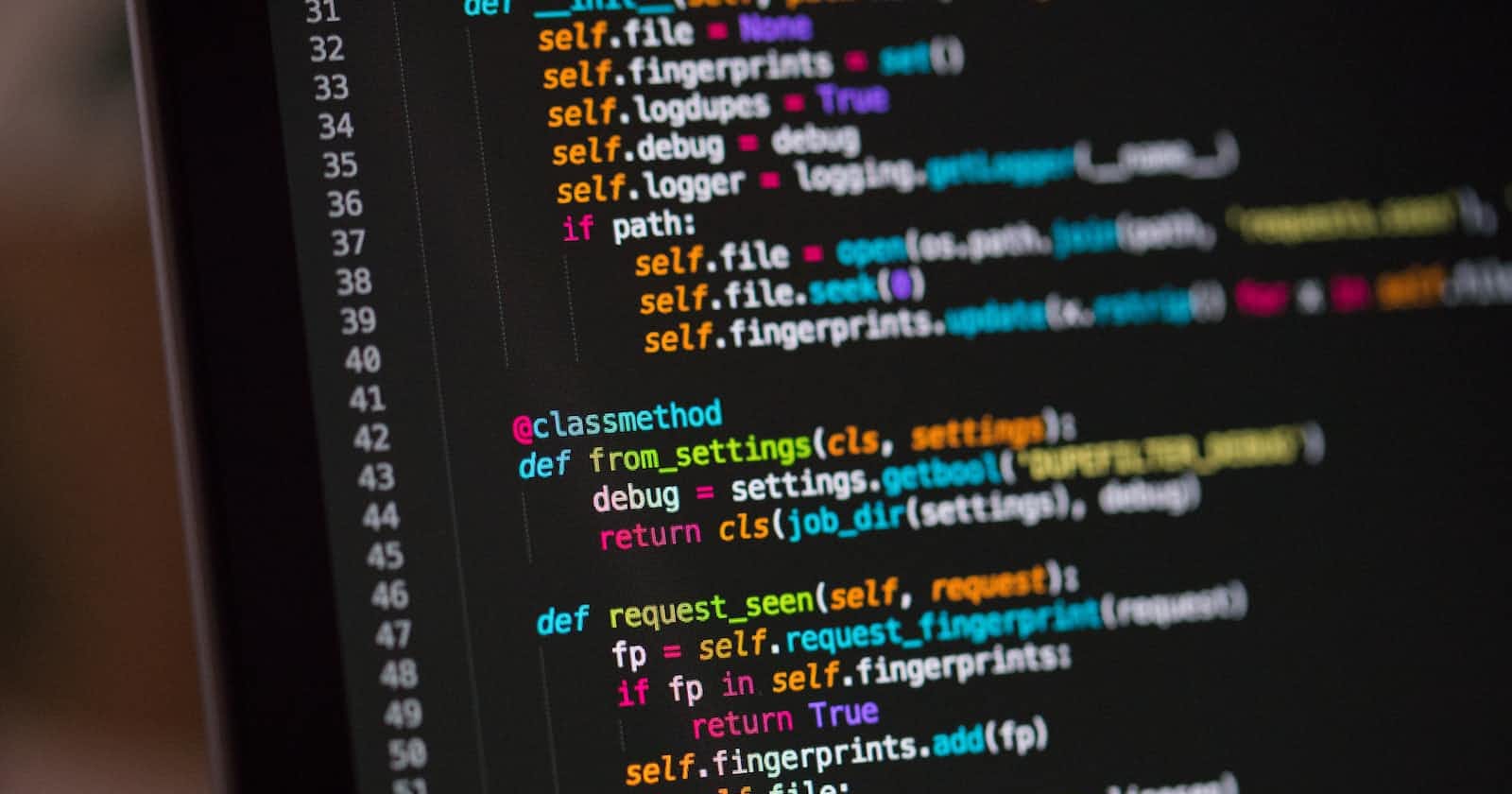Code written by different team members should be consistent, as inconsistency is a big issue many teams face while working on large codebases. Standardizing the code will improve readability, and maintainability, and make debugging a lot easier. Here are the five best coding standard practices that every developer should implement:
1. Consistent Formatting
The code should follow a consistent coding style, including indentation, variable naming, and the use of whitespace. One way of doing this is to use a style guide for the programming language you are using. Most programming languages have their standard style guides, such as the PEP8 guide for Python or Google's C++ style guide.
Using an IDE like Visual Studio Code, which has a built-in code formatter, can also help to avoid inconsistencies by automatically formatting your code using your chosen style guide.
2. Commenting
Adding comments to your code is crucial, as it makes it easier to understand what is happening when you or someone else comes back to the code later on.
Comments should not be verbose and should only be added when necessary. Adding comments when declaring variables, explaining function or method purposes, or what a certain block of code does will help future developers understand your code much easier.
3. Reusability
One of the primary purposes of creating a coding standard is to improve reuse throughout the project. Following this, writing reusable code should be a high priority for developers in any project. Creating functions and methods that can be called from different parts of the codebase minimizes redundancy, decreases complexity, and increases efficiency.
4. Error Handling
Error handling is a crucial aspect of a programmer's job, so it must be handled with the utmost care. Whenever an error occurs during the execution of a code, it can disrupt the entire application. Error handling code should be written to interrupt the application from performing unexpected behavior and allow the code to fail gracefully.
5. Unit Testing
Another essential component of best coding standards practices is unit testing. After building a feature, automated testing should be performed to make sure it can handle unexpected situations and edge cases. Unit testing helps developers to catch bugs early in the development cycle, improving code quality and minimizing risk to users.
Conclusion
In conclusion, following coding standards is essential to maintain consistency throughout the project, enhance maintainability, and allow for better communication between team members. Practices such as consistent formatting, commenting, reusability, error handling, and unit testing are crucial to ensuring consistent and high-quality code throughout a project.
So, when working on a new project, make sure to follow the best coding standard practices to ensure that your code is readable, reusable, and bug-free.

